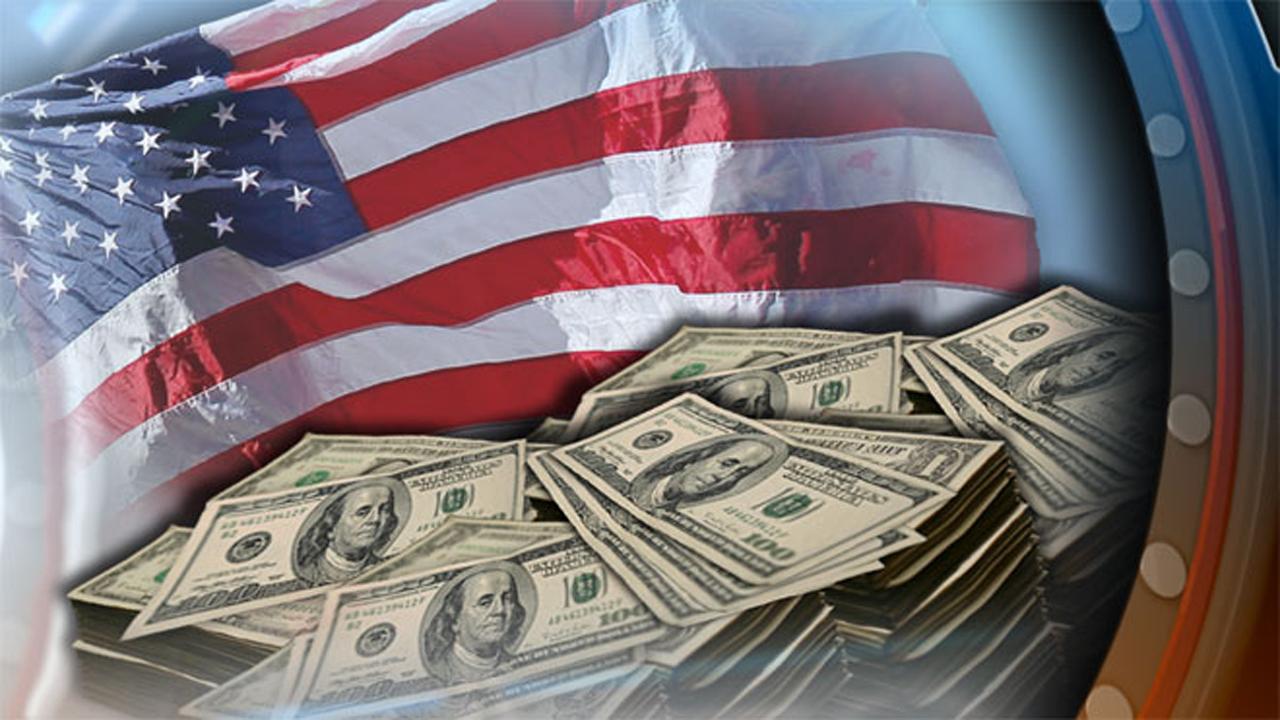Andrew Yang will give away $1K per month to 20 Americans to promote UBI
Businessman and entrepreneur Andrew Yang, who is running for the Democratic Party’s nomination in 2020, is hosting a Twitter contest whereby he will give away $1,000 per month, for free.
Yang is bringing attention to his universal basic income proposal to create a “trickle-up” economy. Universal basic income (UBI) is a modern welfare scheme through which citizens are granted a consistent, livable income from the government, without condition.
The “giveaway” requires that a Twitter user repost one of Yang’s tweets by July 4 and follow him on the social media platform. The winner will receive $1,000 per month for a full year beginning on August 1.
As many as 20 winners will be chosen on July 18.
Yang has proposed giving every American age 18 and over $1,000 per month, regardless of income or employment status. He has said he would fund the proposal by “consolidating some welfare programs” and imposing a value-added tax (VAT) of 10 percent. A VAT is levied on the production of goods or services produced by businesses.
Yang estimates the U.S. government could save $100 billion to more than $200 billion because people would have the means to take better care of their health, while fewer individuals would end up incarcerated.
The entrepreneur has said UBI could help combat the effects of job elimination due to technological innovation.
The idea is gaining popularity, and a number of cities around the country have either began – or have thought about implementing – test trials.
But it has some notable detractors, too. Microsoft co-founder Bill Gates said we are a long way away from a “hyper-productive” world where work is no longer important.
CLICK HERE TO GET THE FOX BUSINESS APP
“We still need people to work to produce the goods and services of society,” he said. “We are not rich enough to give up work incentives.”
Given the conditions Gates sees currently characterizing both society and the workforce, he added that experts can look into UBI, but there have to be other initiatives underway to lift those in need out of poverty.
“People can do the math on UBI and figure out what the costs would be,” he said. “I think we still need to focus [on] benefits on those in need - those who can't work or who need retraining. Admittedly this means [identifying] those people rather than just writing checks to everyone and government does this imperfectly.”




















